 When using Pinterest (and Flickr and YouTube and Facebook
and on and on), what copyright, fair use, trademark and other issues
weigh on building communities and corporate use of fan pages and social media generally?
A hypothetical “Company” has plans for its Pinterest “community”, and
in particular, wonders about these situations:
When using Pinterest (and Flickr and YouTube and Facebook
and on and on), what copyright, fair use, trademark and other issues
weigh on building communities and corporate use of fan pages and social media generally?
A hypothetical “Company” has plans for its Pinterest “community”, and
in particular, wonders about these situations:
- Using Images of Identifiable People
- Fair Use and Images
- Trademarks: When is a “Fair Use” Argument Strongest?
- Why Attribution and Linking to Original Sources is Important
3 introductory questions:
Question #1: Someone used to be a paid Company sponsor or spokesperson. They are no longer. Can the Company continue to post a photo of the old sponsor to Pinterest? Short Answer: If the contract with the sponsor expressly permits it, yes. Ordinarily, the contract would specify engagement for limited time, and that would prohibit rights to use images beyond the contract period. But it really depends on what the contract says.
Question #2: Can the Company post a photo of a fan of the Company? Short Answer: Express consent is required, either through a release or the fan’s agreement (whenever the photo is submitted) to terms of service. Exceptions are discussed below.
Question #3: Can the Company post a photo of a Coca-Cola bottle on its Pinterest page? Short Answer: If the use of the image does not suggest (implicitly or explicitly) endorsement or association, then yes.


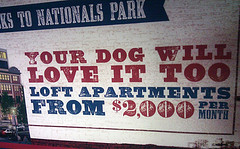
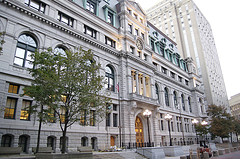 The DMLP is pleased to announce that the Massachusetts Appeals Court has ruled in favor of the result we advocated in an
The DMLP is pleased to announce that the Massachusetts Appeals Court has ruled in favor of the result we advocated in an 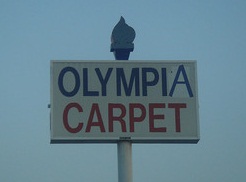 The U.S. Olympic Committee ("USOC") has a reputation for aggressively policing their exclusive rights to certain words, phrases, and symbols. And they have a special act of Congress to back them up.
The U.S. Olympic Committee ("USOC") has a reputation for aggressively policing their exclusive rights to certain words, phrases, and symbols. And they have a special act of Congress to back them up.
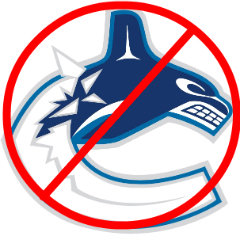 The DMLP recently appeared as an amicus curiae in Commonwealth v. Busa, a case brought in Boston Municipal Court under Massachusetts's anti-counterfeiting law,
The DMLP recently appeared as an amicus curiae in Commonwealth v. Busa, a case brought in Boston Municipal Court under Massachusetts's anti-counterfeiting law, 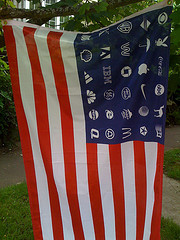 Earlier this week the CMLP (under its new name, the Digital Media Law Project) sought leave to file
Earlier this week the CMLP (under its new name, the Digital Media Law Project) sought leave to file 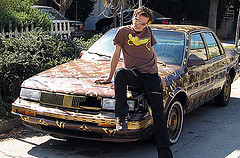 From the ever-growing file of trademark cases that are bad for free
speech,
From the ever-growing file of trademark cases that are bad for free
speech, 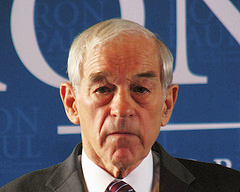 Ron Paul's presidential campaign has been having a rough go of it: He has yet to win a Republican state primary or caucus. But now his campaign's also-ran streak extends into the courtroom too, in a victory for the right to anonymous free speech.
Ron Paul's presidential campaign has been having a rough go of it: He has yet to win a Republican state primary or caucus. But now his campaign's also-ran streak extends into the courtroom too, in a victory for the right to anonymous free speech.
